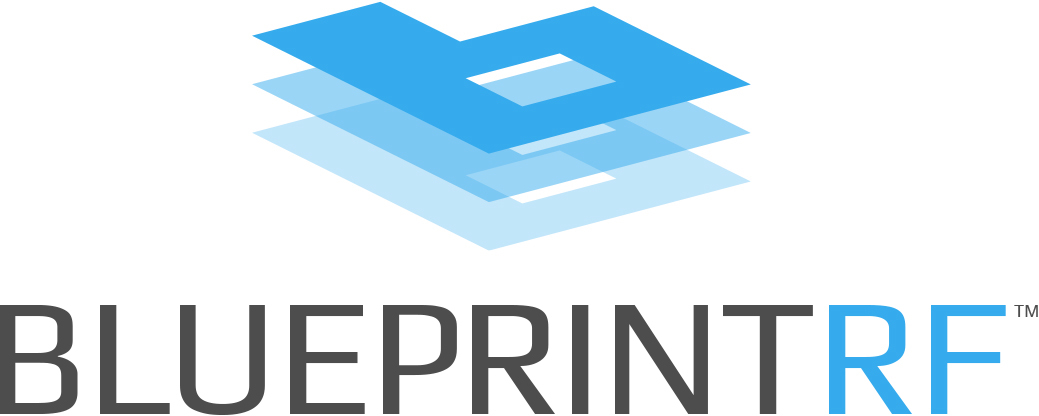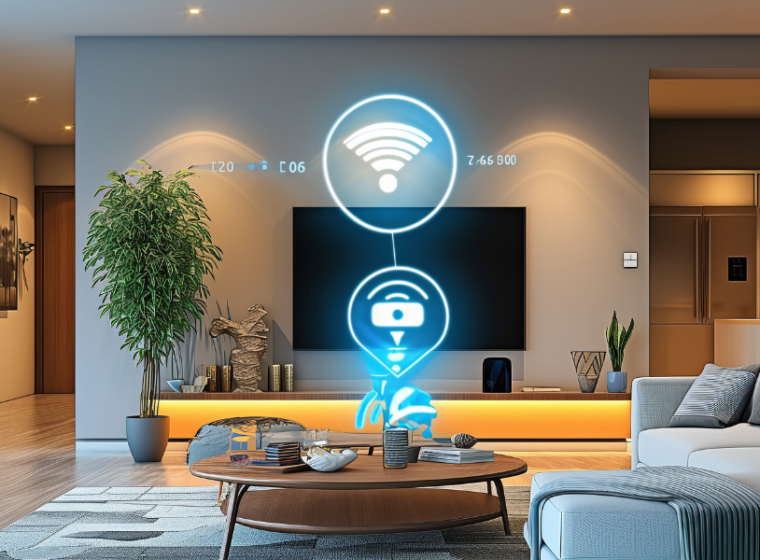Turn Hotel Industry Challenges Into Growth Opportunities
The hospitality industry stands at a pivotal crossroads in 2025. Hotels face evolving guest expectations, technological disruption, competitive pressure, and operational complexities that demand innovative solutions.
Success in hospitality today requires more than traditional service excellence. It demands a sophisticated blend of human touch and technological advancement.
These new challenges are multifaceted and interconnected. From persistent labor shortages affecting service quality to increasing demands for personalized experiences, hoteliers must overcome a complex web of operational, technological, and environmental challenges.
In turn, technology emerges as both a challenge and a solution. While implementing new systems requires significant investment and careful planning, these tools offer unprecedented opportunities to enhance operational efficiency, guest satisfaction, and sustainability efforts.
Forward-thinking hotels are discovering that strategic technology adoption can help transform challenges into competitive advantages. From AI-driven personalization to advanced cybersecurity measures, the path forward requires a balanced approach that embraces technological advancement while maintaining the human essence of hospitality.
Ways Technology Can Be Used to Solve Challenges in Hospitality
As we explore the key challenges facing the hospitality industry in 2025, we’ll examine how innovative technology solutions can help hotels not just survive but thrive in this dynamic environment.
- Attracting and Retaining Employees Amidst Labor Shortages
- Effective Reputation Management
- A Tailored Customer Experience
- Navigating Environmental and Sustainability Challenges
- Adopting New Technology Trends
- Stymying Cybersecurity Threats
- Providing Exceptional WiFi Connectivity to All Guests
1. Attracting and Retaining Employees Amidst Labor Shortages
The hospitality industry confronts an unprecedented staffing crisis in 2025, with 76% of hoteliers reporting significant staffing shortages. Despite 86% of properties increasing wages in the last six months, the challenge persists, according to the AHLA.
Hotels must look beyond traditional compensation models to create compelling workplace environments that attract and retain top talent. In many ways, technology offers several high-impact solutions to address these staffing challenges:
- AI-powered scheduling platforms that provide the flexibility modern workers demand
- Mobile-first training apps that reduce onboarding time
- Digital employee engagement tools that streamline communication and boost retention
- Automated task management systems that increase productivity and job satisfaction
These technological solutions, combined with competitive compensation packages and clear career advancement opportunities, form the foundation of successful employee retention strategies.
2. Effective Reputation Management
Guest reviews wield unprecedented influence over hotel success, with 81% of travelers reading reviews before booking, according to TripAdvisor. The impact is measurable: a one-point increase in a hotel’s review score on a five-point sale has enabled some properties to increase prices by 11.2% while maintaining occupancy rates. Even more striking, a 1% improvement in online reputation score has been shown to correlate with a 1.42% increase in Revenue Per Available Room (RevPAR), a Cornell study reports.
Hotels are turning to AI-powered solutions to master this challenge. Advanced review management platforms now:
- Consolidate feedback across multiple channels
- Generate personalized responses to guest queries
- Alert staff to critical reviews requiring immediate attention
The same Cornell study highlights that most successful properties maintain a strategic 40% response rate, focusing on quality engagement rather than quantity – particularly for addressing negative feedback where thoughtful responses show the highest impact on rating improvement.
3. A Tailored Customer Experience
Personalization has evolved from a luxury to a business necessity in hospitality.
A 2024 study by Medallia showed that 61% of consumers were willing to pay more for personalized experiences, yet only 23% of hotel guests reported experiencing high levels of personalization during their stays.
Hotels are transforming standard stays into memorable experiences through sophisticated data analytics and mobile platforms that allow guests to customize everything from room temperature to dining preferences. The investment yields measurable returns – properties that deliver tailored experiences have reported up to 15% higher revenue through increased guest spending and loyalty, according to a study by Deloitte described in Hotel Technology News.
Many successful hotels implement personalization at every touchpoint of the guest journey, including:
- Pre-arrival emails highlighting preferred amenities to mobile check-in options that remember room preferences.
- Post-stay communications that reference specific experiences enjoyed during the stay.
Smart hotel room technology further enhances this approach by allowing guests to control everything from lighting ambiance to entertainment preferences through integrated tablet systems.

4. Navigating Environmental and Sustainability Challenges
The hospitality industry faces mounting pressure to address its environmental impact in 2025. Hotels can use up to 1,500 liters of water per room daily—up to eight times more per person on average than local residents in some locations. This reality demands immediate action.
Hotels are responding with comprehensive efforts for guest engagement and trust. A significant perception gap exists—in a survey conducted by Clean the World, it’s shown that 58.7% of travelers believe hotels do little to recycle amenities. Adaptive properties are addressing this through transparent communication about their environmental initiatives and implementing visible sustainability practices. These include:
- Digital room controls that reduce energy use when guests are absent.
- Smart water management systems that detect leaks.
- Food waste reduction programs that transform organic waste into biofuel.
The industry’s sustainability challenge extends beyond guest engagement to infrastructure. Sustainability initiatives can deliver both environmental and financial benefits; energy-efficient upgrades often pay for themselves within a few years while generating substantial energy savings.
Similarly, water-efficient bathrooms alone can reduce water use by 15%, according to EHL Insights, offering potential cost reductions while preserving resources. Leading properties like the Scarlet Hotel in Cornwall demonstrate the potential of full commitment, operating on 100% renewable electricity and employing innovative solutions such as solar-heated pools and biomass boilers.
5. Adopting New Technology Trends
The pace of technological evolution in hospitality continues to accelerate, with properties allocating 30% of their IT budgets to new implementations in 2024 according to Skift. This significant investment reflects the industry’s recognition that staying competitive requires continuous technological advancement.
Hotels are prioritizing technologies that deliver both operational efficiency and enhanced guest experiences. Some exciting new pieces of technology include:
- IoT-enabled smart room controls that allow guests to customize their environment through mobile apps.
- Predictive analytics that help properties optimize everything from energy usage to inventory management.
- Voice-activated assistants as more common amenities that allow guests to control room features and request services without lifting a finger.
The key to successful technology adoption is strategic implementation rather than chasing every new trend. Innovative hotels focus on solutions that solve specific operational challenges while enhancing the guest experience, aiming for each technological investment to deliver measurable returns while maintaining the essential human touch that defines hospitality.
6. Stymying Cybersecurity Threats
The hospitality industry faces an unprecedented surge in cyber threats as 2025 unfolds, with 31% of hospitality organizations that have participated in a Trustwave study having experienced data breaches in their company’s history. Recent incidents, like the 2024 Omni Hotels & Resorts attack that forced a system-wide shutdown, highlight the devastating impact these breaches can have on hotel operations.
The threat landscape has evolved dramatically, driven by sophisticated attack methods and the industry’s increasing digital footprint. Hotels are particularly vulnerable due to their vast amounts of sensitive guest data and interconnected systems.
Key cybersecurity threats facing hotels in 2025 include:
- Sophisticated ransomware attacks using AI-powered tools
- Deepfake-enabled social engineering targeting hotel call centers
- IoT vulnerabilities in smart room devices and connected systems
- Supply chain breaches through third-party vendors
- Cross-site scripting attacks exploiting booking platforms
- Advanced phishing schemes targeting hotel staff
- Point-of-sale system infiltrations
Success in combating these threats requires a multi-layered approach. Hotels must implement robust network segmentation, deploy advanced endpoint protection, and maintain frequent security updates. Most critically, properties must focus on employee training and awareness, as human error remains a primary vector for successful attacks.

7. Providing Exceptional WiFi Connectivity to All Guests
WiFi has become the most critical amenity in modern hospitality, with 96% of guests expecting free WiFi access during their stay. The stakes are particularly high as 84% of travelers consider WiFi availability when making booking decisions, and 69% cite slow internet connection as their most common complaint. See our hotel WiFi infographic for more facts and figures.
The demand spans both business and leisure travelers. Business guests require reliable connectivity for video conferencing, remote work, and file sharing, with many guests relying on hotel WiFi for remote work. Meanwhile, leisure travelers expect seamless streaming capabilities and multi-device connectivity to stream content from subscription services or cast entertainment from personal devices to hotel TVs.
Hotels must ensure their WiFi infrastructure can support the increasing demands of modern travelers. Blueprint RF’s managed WiFi solutions address these challenges through advanced network architecture that delivers 40 gigabits per interface, supporting consistent high-speed connectivity throughout the property. Their comprehensive platform includes real-time monitoring, deep analytics, and 24/7 support to help maintain exceptional guest experiences while helping protect sensitive data through enterprise-grade security features.
Learn more about how Blueprint RF can help. Contact the team today.











